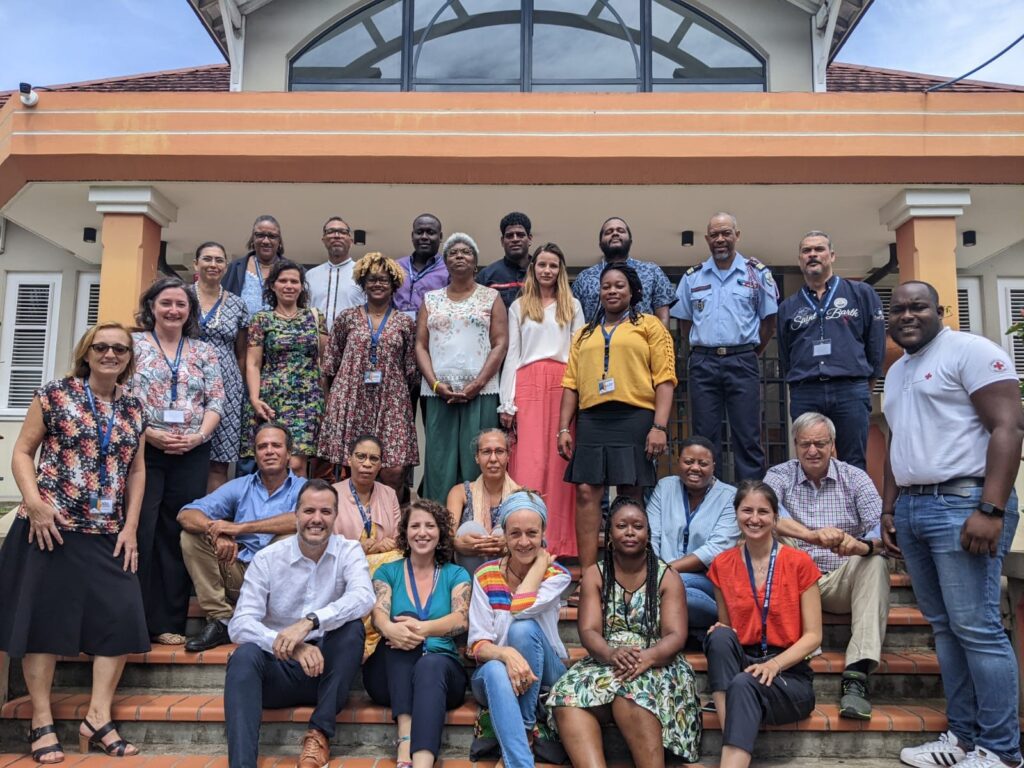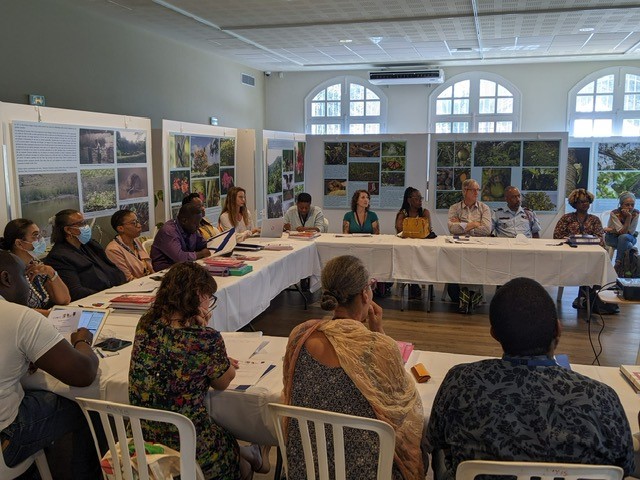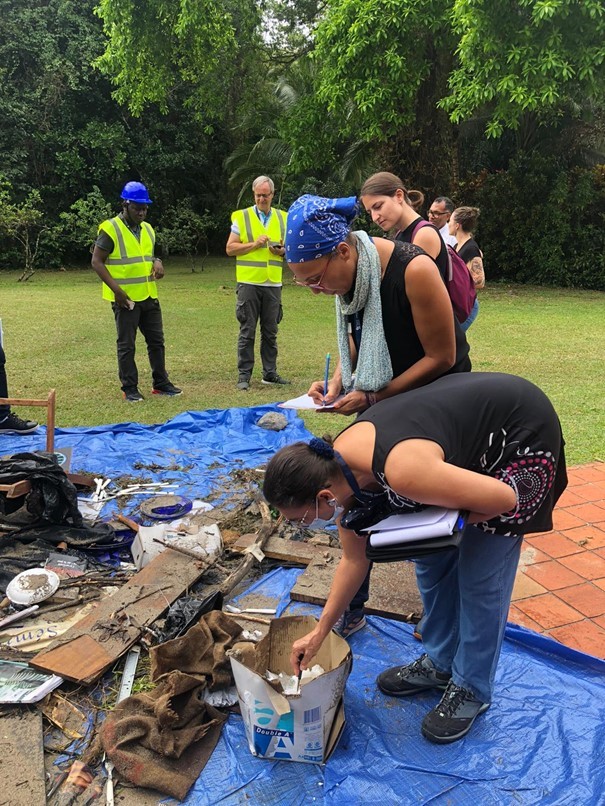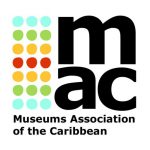DISASTER MANAGEMENT WORKSHOP ORGANIZED BY NMAAHC, CTM, AND ICOM WRAPS UP WITH THREE DAYS OF IN-PERSON TRAINING IN MARTINIQUE

This article is the second and final report on the disaster management workshop. The first report was published in the MAC’s November 2021 Newsletter and can be found here.
Although natural events are perhaps the first thing our Caribbean audience imagines when they hear the word “disaster,” the COVID-19 pandemic has taught us that “disaster” can strike in many forms. Despite some necessary changes effectuated by the pandemic, the hybrid disaster management workshop initially slated for late spring 2020 finally concluded following several on-site days in Martinique. Organised by MAC and the International Council of Museums (ICOM), in partnership with the Smithsonian National Museum of African American History and Culture’s Office of Strategic Partnerships, the French Ministry of Culture, and Collectivité Territoriale de Martinique, the on-site portion of the disaster management workshop gave participants the opportunity to present the exercises they had completed in the previous online workshop sessions, and to participate in simulation evacuation exercises. This hybrid series of workshops is part of MAC’s ongoing commitment to developing shared resources and training opportunities for members.
Approximately twenty museum professionals from Curaçao, France, French Guiana, Guadeloupe, Haiti, and Martinique convened in Fort-de-France, Martinique from April 27 to 29, 2022, to take part in this training event. Overall, a total of 17 trainees attended the in person event: 9 from Martinique (7 from Museums of the Collectivité Territoriale de Martinique; 2 from Fondation Clément); 5 from Guadeloupe (2 from Edgar Clerc Museum; 2 from Eco Musée of Marie – Galante; 1 from the Memorial ACTe); 2 from Haïti (1 participant each from Le Centre d’Art and Musée Ogier Fombrun); and 1 from French Guiana (the Museums of the Collectivité Territoriale de Guyane). The sessions were led by two trainers from ICOM, Françoise Collanges, a consultant in conservation and emergency preparedness, and Valerie Monier-Martens, paper conservator at National Archives, Curaçao. Claudie Cancellotti, an anthropologist and intangible cultural heritage specialist who had mentored the group during the virtual portion of the training, and ICOM organizers Carlos Serrano and Ludovica Antonucci were also present to provide support and ensure everything went smoothly.

Image credit: Collectivité Territoriale de Martinique.

On the first day, the group was welcomed at Père Pinchon Museum. Here, trainees presented their work from the online exercises they had previously completed. These presentations were followed by a round table discussion, which included personnel from civil security, the fire brigade, and the Red Cross. Among them were Noël Nestorine, assistant chief of the fire brigade of Fort-de-France, and Cedric Janot, a risk prevention facilitator for the Red Cross, who both returned to assist with the evacuation simulation exercise, held on the following day at Habitation Fond Rousseau. Having suffered severe damage from a fictitious Category 5 hurricane named Barbara, trainees successfully assessed, triaged, inventoried, and salvaged as much of the heritage material at Habitation Fond Rousseau as they could. Once their job was done, the group ventured to Le Mémorial de la catastrophe de 1902/Musée Frank A. Perretand the city of Saint-Pierre to learn about the catastrophic devastation caused by Mount Pelée’s eruption in 1902. The three-day training event concluded with a debrief exercise and discussion about how to implement the participants’ new knowledge at their respective museums. A closing ceremony was also hosted at Père Pinchon Museum for participants to socialize and strengthen their professional networks. The event also received media coverage from local news station ViàATV.
Do you have ideas about what MAC’s next training initiatives could offer? Please write to us at secretariat@caribbeanmuseums.com to let us know what you want to see in future workshops!
